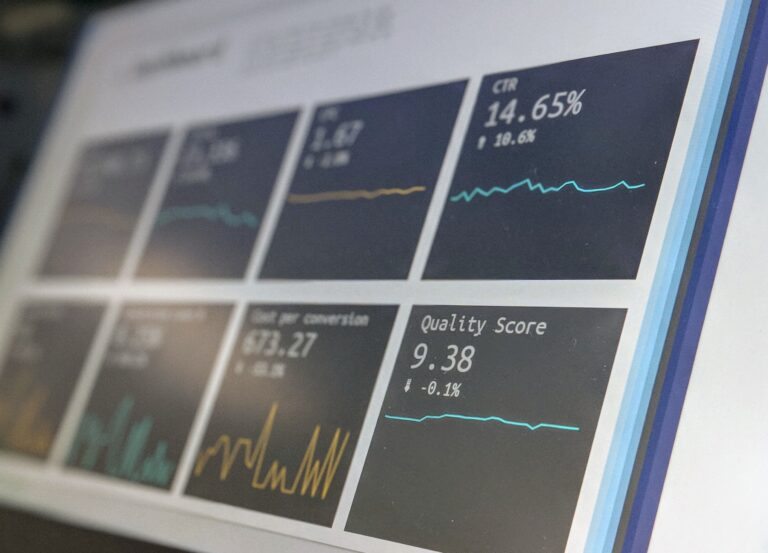April is National Mathematics and Statistics Awareness Month in the U.S.! This annual celebration aims to promote the importance of these two subjects in our daily lives. Mathematics and statistics are essential for many fields, including science, technology, and engineering.
Mathematics is the study of numbers, quantities, and shapes, and the relationships between them. The Society for Industrial and Applied Math reminds us that statistics and mathematics play a crucial role in various aspects of daily life, from basic counting and budgeting to complex scientific research and advanced technology. Because math skills are highly valued in the job market, many high-paying jobs require advanced math capabilities.
Engineers use math to analyze and model physical phenomena, to design and optimize systems, and to predict and prevent failures. Engineer’s daily work includes using algebra, geometry, calculus, and trigonometry. According to the London Training for Excellence, math is used in electrical engineering to calculate land, to determine the dimensions of objects, and to design circuit structures that are both visually appealing and functional.
Statistics is also used in various fields such as science, business, healthcare, and sports. As the study of data collection, analysis, and interpretation, statistics uses mathematical methods to summarize and interpret data, to make predictions and decisions, and to test hypotheses. Statistics is important in engineering as it is used to analyze and interpret data from experiments and simulations.
Engineers use statistics to validate their models, to identify trends and patterns in data, and to make informed decisions about the design and optimization of systems. For example, in aerospace engineering, statistics is used to analyze flight data and to identify potential safety issues. In biomedical engineering, statistics helps determine treatment efficacy by analyzing medical data from clinical trials and epidemiological studies.
The National Council of Teachers of Mathematics reminds us that An early introduction to math and statistics for pre-university students lays the foundation for future STEM courses and careers. According to a report from the American Mathematical Society & National Center for Education Statistics, the study of mathematics leads to better critical thinking skills and can improve problem-solving abilities. Early math proficiency is a strong predictor of future academic success, and students who excel in math are more likely to graduate from college and secure higher-paying jobs.
It’s never too early to start learning math and statistics! There are many resources available for students to develop their skills in these subjects. Explore mathematics and statistics with IEEE Try Engineering’s database of lesson plans to teach engineering concepts to your students, aged 4 to 18. All lessons are peer reviewed by teachers. Our lesson plans are easy to use and include student handouts and worksheets to print out.



